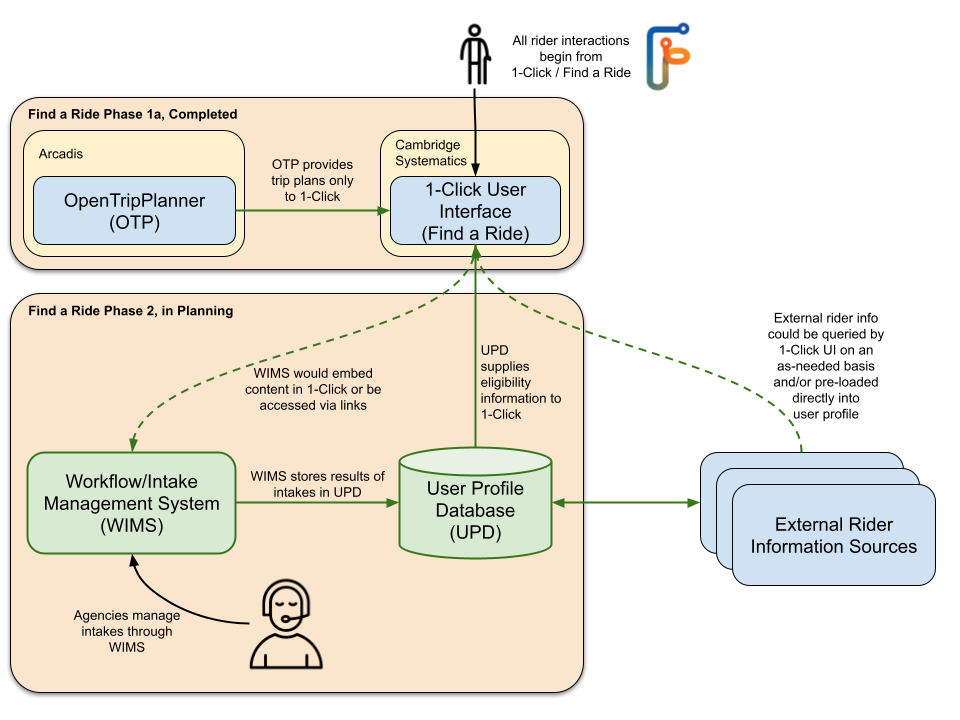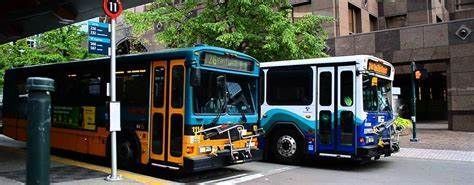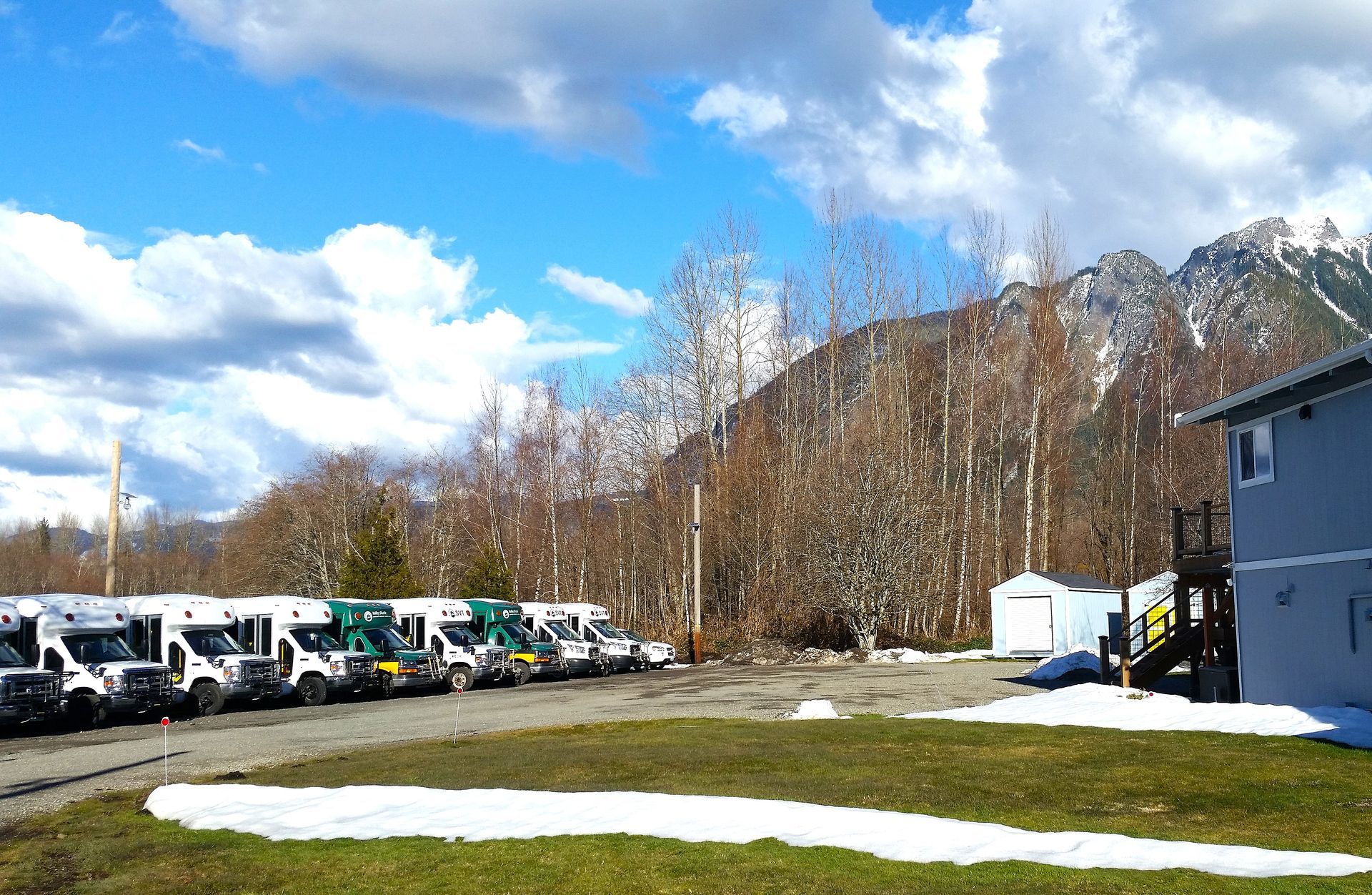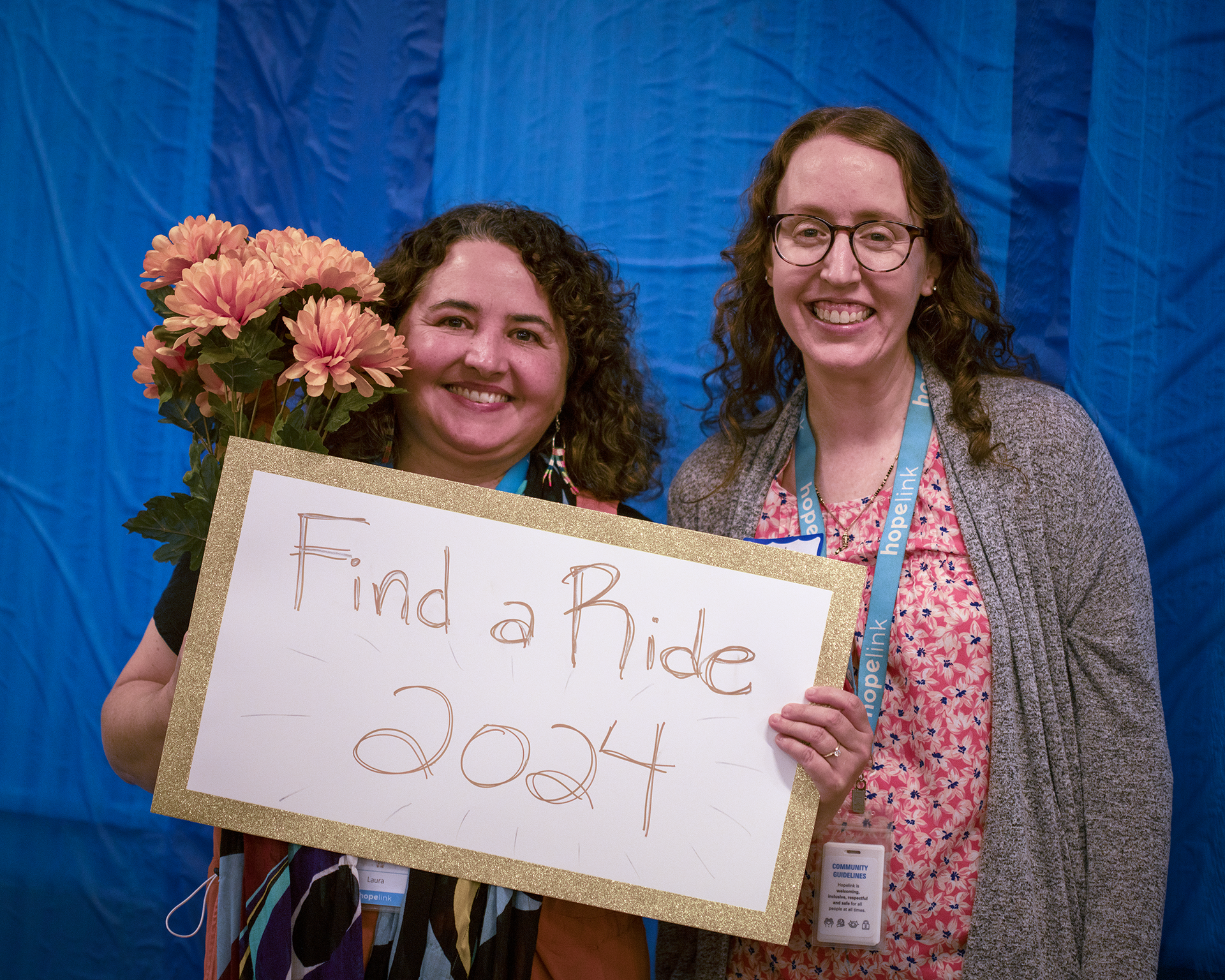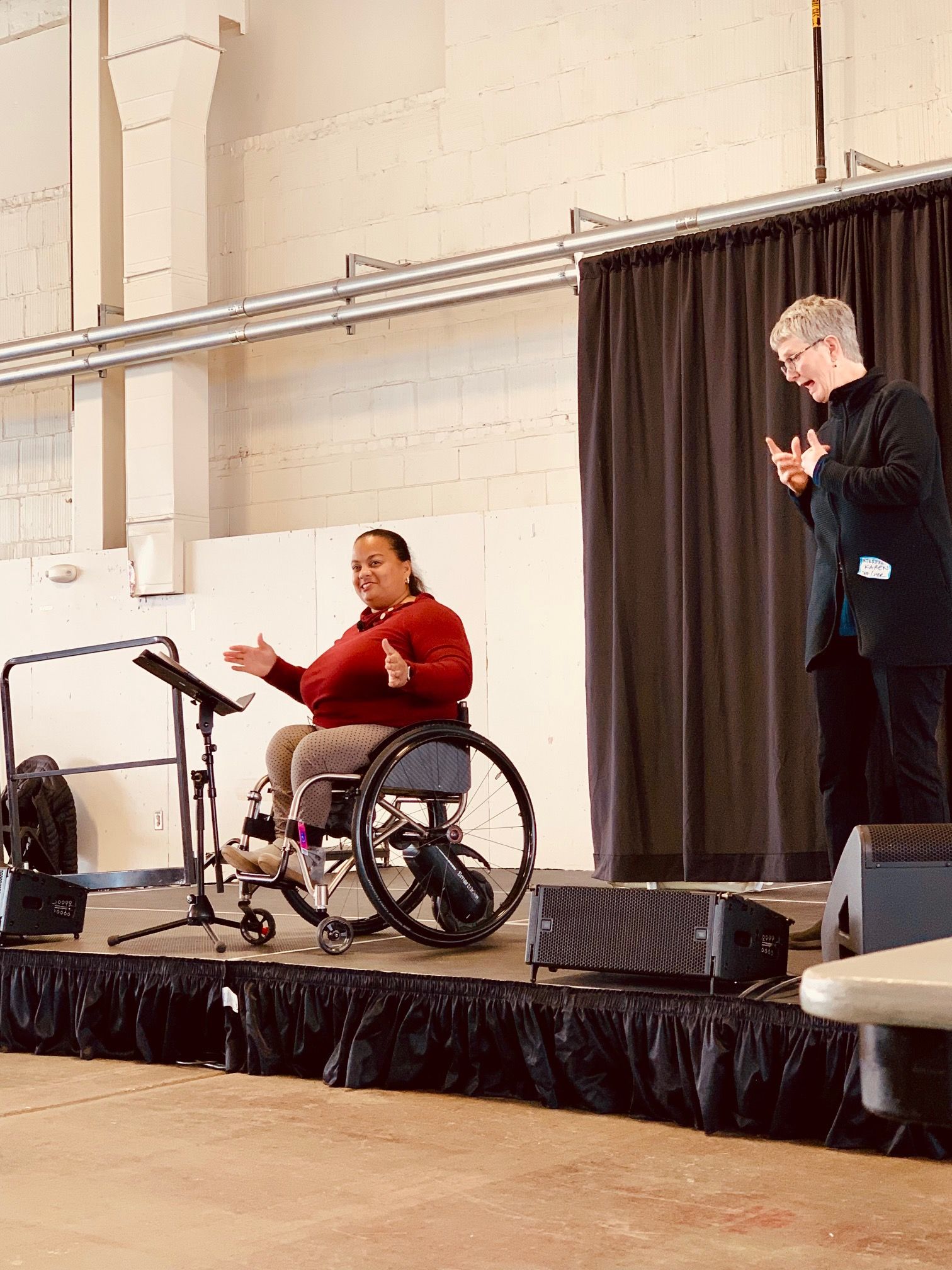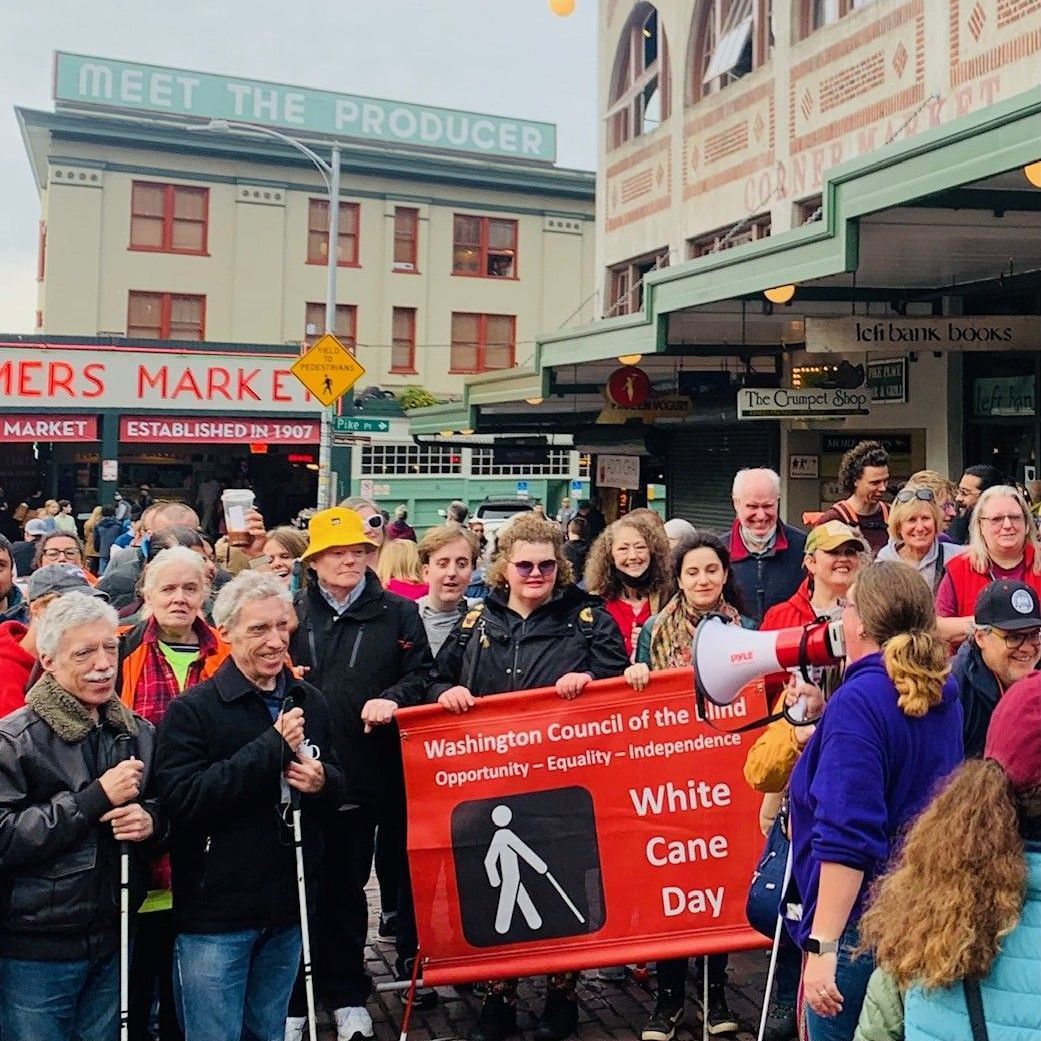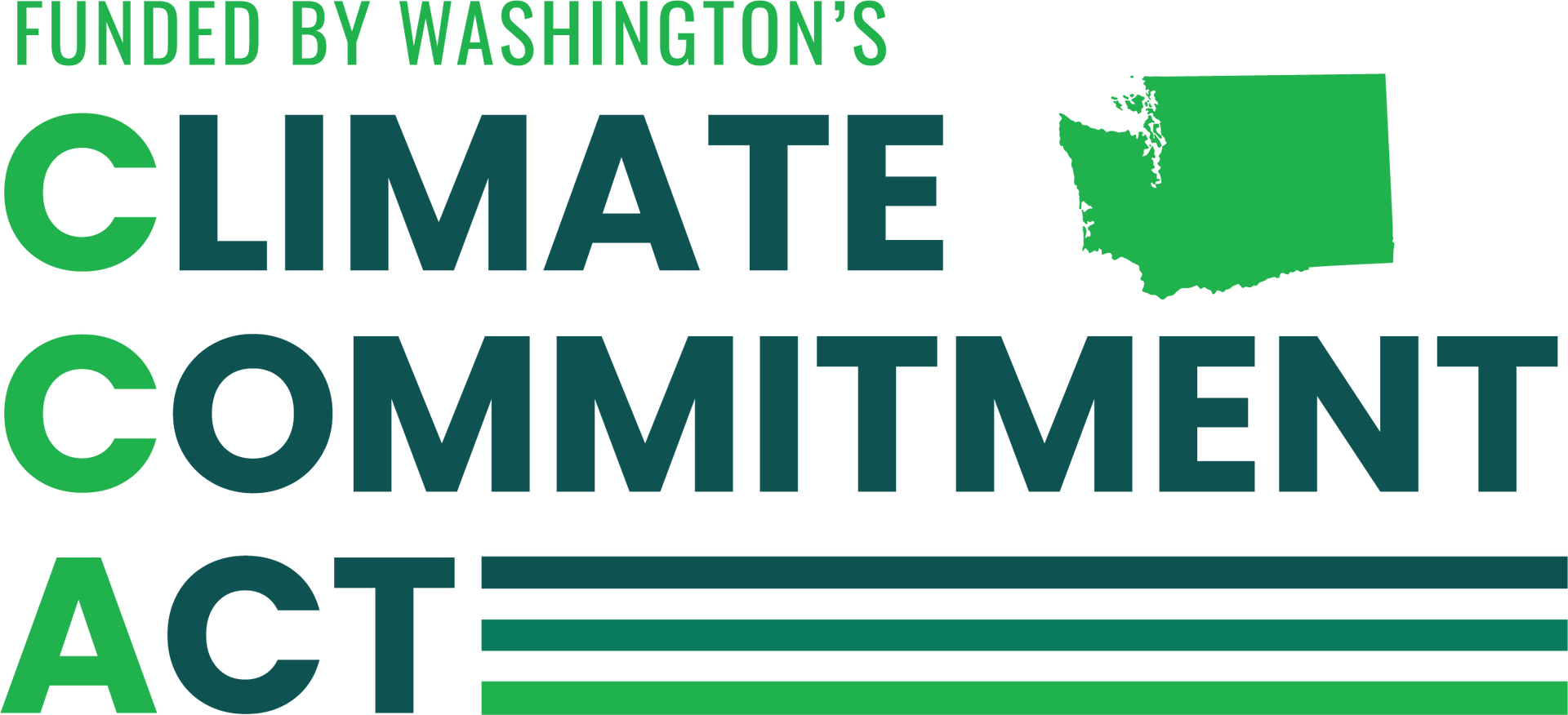Hopelink Mobility Coalitions 2020 Accomplishments
January 5, 2021
2020 was a year for the history books...
For transportation in King County, 2020 began with the contention over Initiative I-976 and vehicle tabs, saw drastic ridership changes due to COVID-19, forced transportation providers to reckon with codes of equity and enforcement, and ended with the recognition that we will continue to deal with the consequences of these variables in the future. Amongst the institutional struggles, people needed to get around. Intentionality about access and services meant that mobility worked to support the most meaningful of trips throughout 2020. During this time, collaboration, coordination, and advocacy were the guiding strategies that keeping our mobility networks working for all, now and in the future.
Luckily, Hopelink’s Mobility Management team spent the year adapting to these changes. The Mobility Coalitions housed at Hopelink have wrapped up a busy, innovative 2020. From switching to virtual engagement and outreach to evolving the accessibility and equity pursuits of projects in creative ways, our Mobility Coalitions have kept pace with the hectic year.
Hopelink Mobility Management’s Coalitions are made up of the King County Mobility Coalition, the Eastside Easy Rider Collaborative, the North King County Mobility Coalition, the South King County Mobility Coalition, the Snoqualmie Valley Transportation Coalition, and the Regional Alliance for Resilient and Equitable Transportation. Working across the region, our Coalitions hosted a total of 34 meetings in 2020. During these meetings, each Coalition welcomed a suite of presentations, discussions, and information sharing opportunities to keep our partners engaged and informed about the rapidly changing mobility scene.
The North King County Mobility Coalition
concluded a Gaps Analysis Project to understand the mobility challenges of special needs populations in their region, while the Eastside Easy Rider Collaborative
began conversations to strengthen Volunteer Driver Transportation Program recruitment. The King County Mobility Coalition’s Access to Healthcare Group and South King County Mobility Coalition
wrapped up the innovative Care Mobility Rewards Program Pilot. The Snoqualmie Valley Transportation Coalition
produced the first-of-its-kind 5-Year Transportation Plan! As the organizer for emergency transportation management for vulnerable populations in King, Pierce, and Snohomish Counties, the Regional Alliance for Resilient and Equitable Transportation
initiated new calls, partnerships, and information distribution to act quickly and proactively in the ever-changing mobility operations space. These are just a few of the great things our Coalitions worked on in 2020!
To learn more about each Coalition’s 2020 achievements, find them here:
We’re looking forward to bringing what we learned in 2020 with us into 2021, with hopefully some more positive developments in the mobility space coming our way.
Mobility News
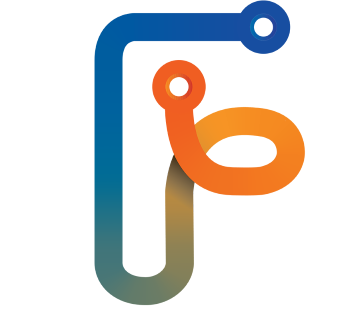
Funding Will Support Find a Ride’s Trip Planner Experience In June 2024, the U.S. Department of Transportation's Federal Transit Administration (FTA) announced the award of funds for a Washington State Department of Transportation (WSDOT) supported program. Find a Ride is a multi-phase One-Call/One-Click project under the supervision of the King County Mobility Coalition and Hopelink’s Mobility Management program. Find a Ride was awarded $519,496 through the FTA's Innovative Coordinated Access & Mobility (ICAM) Pilot Program , with the total funding for the second phase of the project close to $700,000 through regional match support. Hopelink submitted the Find a Ride grant application with matching support from WSDOT, King County Metro, Sound Transit, and Seattle Department of Transportation . With this award, the program will be able to invest in software to significantly improve the user experience for riders. Using a multi-phased approach, the Find a Ride trip planner tool will connect riders to specialized transportation services all in one centralized service, just one click or one call away from their destination. The tool is being developed through an inclusive planning process with input from regional transit providers and advocates from communities most impacted by transportation barriers, such as older adults and people with disabilities. Hopelink is very pleased to receive federal support for Find a Ride, our One-Call/One-Click project," said Susan Carter, Hopelink VP of Transportation "With the launch of our ground-breaking trip planner in March of 2024, we are excited to build on the momentum for Phase 2 of our project." The Federal Transit Administration (FTA) announcement included $7.8 million for 17 projects to improve public transportation for people with disabilities, older adults, and low-income individuals. The ICAM program supports the Biden-Harris Administration's commitment to improving public health, including mental health. Find a Ride received support from the State of Washington Health Care Authority, Congresswoman Suzan K. DelBene (WA-01), Puget Sound Regional Council, Shared-Use Mobility Center, Connect Snohomish County, Snoqualmie Valley Transportation, Pierce Transit, The Taskar Center for Accessible Technology at the Paul G. Allen School of Computer Science & Engineering, Volunteer Services – King County (A Program of Catholic Community Services), Aging and Disability Services, Arcadis, Center For Independence, City of Kirkland, Crisis Connections, Homage, Sound Generations, Indian American Community Services, King County Mobility Coalition, and Pierce County Human Services . Project administrators also received letters of support from dedicated project advisors, including several individuals with disabilities participating in the inclusive design of the project. Learn more about Find a Ride’s roadmap and inclusive planning process on our project website . Learn about the software development of Find a Ride’s innovative trip planner . Since 1971, the Hopelink has provided stability-building programs for people experiencing poverty, immigrants and refugees, and people with disabilities in north and east King County. The agency’s eleven programs work in tandem to fill gaps, supporting each family or individual’s unique needs. These include housing, food assistance, financial assistance, adult education, energy assistance, financial capabilities, family development, Dial-a-Ride Transit, non-emergency medical transportation, and mobility management. *** Read the full FTA announcement for more information. The full text is provided below: Biden-Harris Administration Announces $7.8 Million in Grants to Help Connect People to Health Care and Other Critical Services Thursday, June 6, 2024 The President's Bipartisan Infrastructure Law adds significant funding to transit pilot program WASHINGTON – The U.S. Department of Transportation's Federal Transit Administration (FTA) today announced $7.8 million for 17 projects that will improve public transportation for people with disabilities, older adults, and low-income individuals. The grants support organizations that coordinate public transportation for underserved groups, allowing them to access healthcare, community services, education, and jobs by building partnerships among health, transportation, and human services providers. FTA's Innovative Coordinated Access & Mobility (ICAM) Pilot Program – supported by more than $24 million in funding over five years from the President's Bipartisan Infrastructure Law – increases access for Americans all over the country, with a focus on health and wellness. Today's announcement supports transportation improvements, from designing new trip scheduling technology to buying transit vans, in 15 states. "Transportation is a lifeline that connects Americans to essential services, like health care, and today we're supporting innovative projects to help more people connect to the help they need" said U.S. Transportation Secretary Pete Buttigieg . "These transportation projects, made possible by President Biden's Bipartisan Infrastructure Law, will help people with disabilities, older adults, and low-income individuals access the health services they need." By improving the coordination of transportation to critical services for people who have been underserved in the past, the ICAM program supports the Biden-Harris Administration's commitment to improving public health, including mental health. The program provides an opportunity for older adults and people with disabilities and in low-income communities. "This program supports statewide and regional strategies to help ensure people who are especially challenged in accessing healthcare can reach those critical services,” said FTA Acting Administrator Veronica Vanterpool . "We are pleased to provide resources that help reach into the sometimes-overlooked areas of our nation to ensure no one is left behind." Some of the selected projects include: The Illinois Department of Transportation will receive $1.8 million to design and implement an integrated technology system for trip scheduling and fare collection that will facilitate non-emergency medical transportation trips and interagency passenger transfers. The program will integrate technology enhancements to improve mobility for people in 20 rural counties in southern Illinois through Shawnee Mass Transit, Rides Mass Transit, South Central Mass Transit, and Monroe Randolph Mass Transit. The Central Oklahoma Transportation and Parking Authority (EMBARK) will receive $415,900 to support the expansion of the existing coordinated transportation services through the purchase of two vehicles and associated vehicle technology systems. This project will meet the growing transportation demand for older adults, people with disabilities, low-income individuals, and transit-dependent populations with improved access to social services, education programs, workforce development programs, non-emergency medical treatment, and wellness and nutrition services throughout Oklahoma City. The West River Transit Authority (Prairie Hills Transit) in South Dakota will receive $269,280 to buy a contactless payment technology system that will enhance safety, improve reliability and the rider experience, and make transit more accessible to residents in the Black Hills region. A trip planning mobile app and website will help facilitate intercounty connections and regional service by linking riders with providers for trips across multiple service areas. The platform will improve coordination of services for veteran service organizations, education institutions, healthcare facilities, women’s and homeless shelters, home healthcare organizations, and workforce centers. In response to the Notice of Funding Opportunity (NOFO), FTA received 24 eligible proposals. Projects were selected based on criteria described in the NOFO .
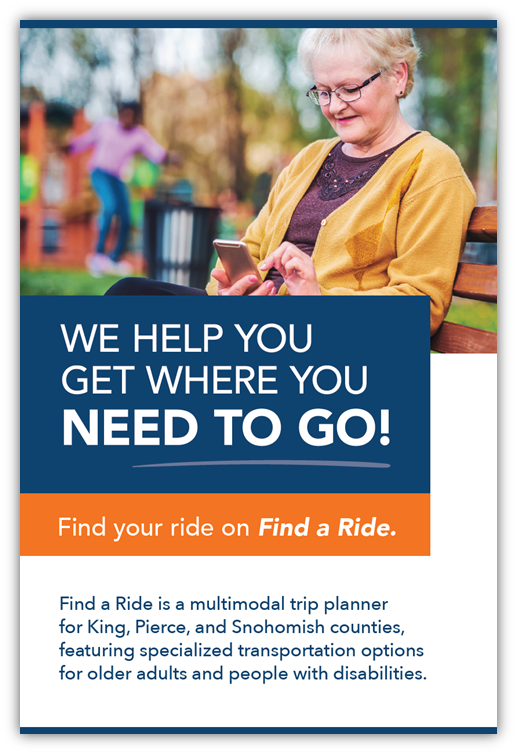
Recently, the Hopelink-based project helped make history. Throughout the last two years, Hopelink staff helped the Washington State Department of Transportation create almost two dozen new data feeds. Our work helped set a new data standard called GTFS-Flex. “Flex” is an extension project for GTFS (General Transit Feed Specification). The new data standard can tell the story of volunteer transportation, Non-Emergency Medical Transportation (NEMT), Dial-A-Ride, Door-to-Door, and other critical services.








